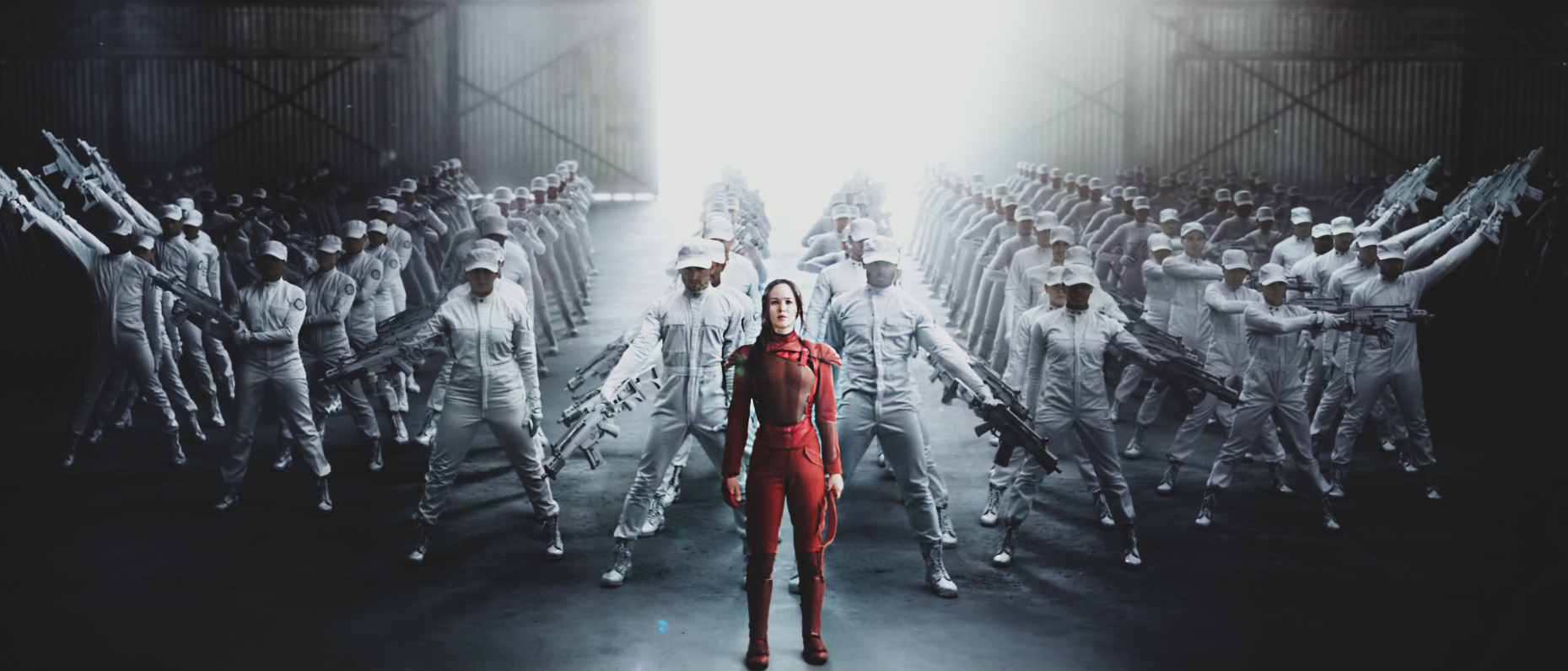
Week of The Hunger Games
From May 28 – June 4, I ran a series of articles based around The Hunger Games, one of my main literary and cinematic loves. Topics included mental health, advertising, relationships portrayed within the series, depictions of gender, and more.
Day One

Panem Today, Panem Tomorrow, Panem Forever in Our World
“How Katniss was used to advertise the films in our world is exactly how she was used to sell violence and compliance in the series.”
An analysis of how Young Adult dystopian fiction often reflects our world, how our world reflects much of The Hunger Games‘ Panem in return, and how this was made apparent by the advertising campaigns for the films.
Day Two
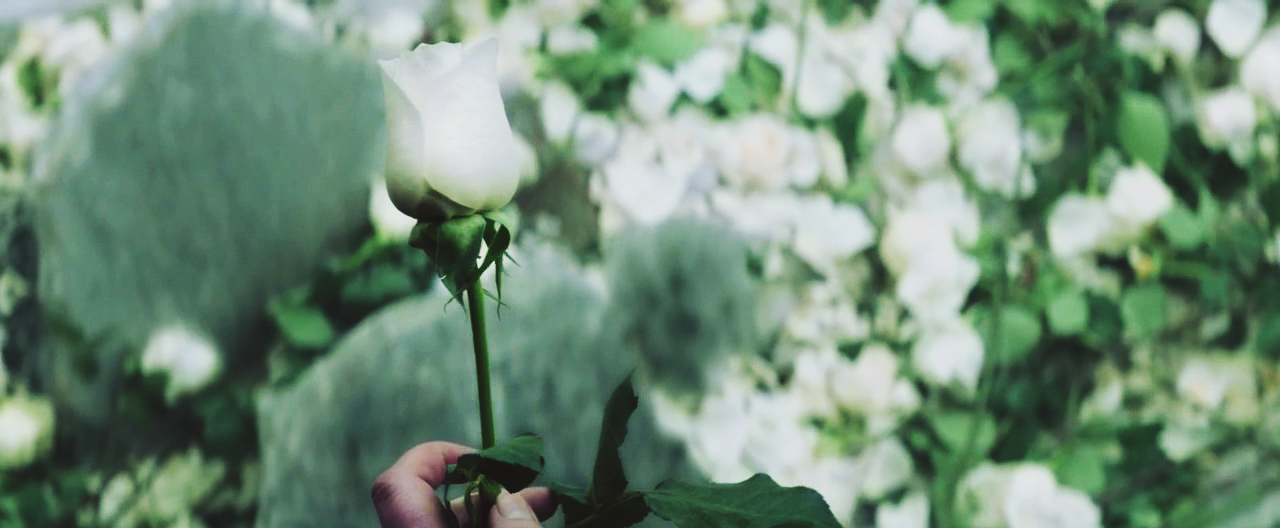
“In the same way that snakes and birds are both predator and prey to the other, Katniss and Snow constantly find themselves trying to destroy each other.”
Examining the similarities between Katniss Everdeen and President Snow, and why their dynamic is such a fascinating one.
Day Three

Start With What You Know Is True
“The idea that childhood is happy is a misplaced one; depression doesn’t discriminate by age, and many young people in our world grapple with mental illnesses that nobody will talk about.”
A look at how mental health is portrayed within the series, mainly within the novels, and how important that representation is for young adults in the real world.
Day Four
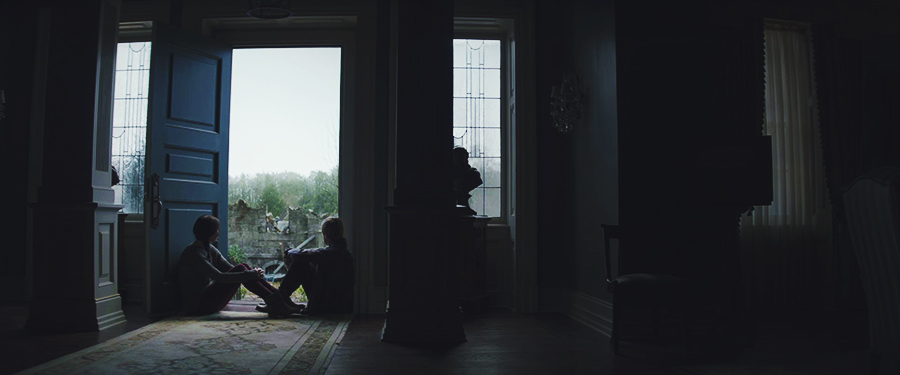
“Katniss is a powerful character, but her strength is not isolated. The idea that female characters are strong because of their lack of attachments, that their capacity for love is a weakness, is one that creates damaging perceptions of what women should be.”
In which I talk about Katniss Everdeen and fellow tribute Peeta Mellark’s relationship within The Hunger Games, how the series defies gender stereotypes, and the importance of support for even the strongest of characters.
Day Five
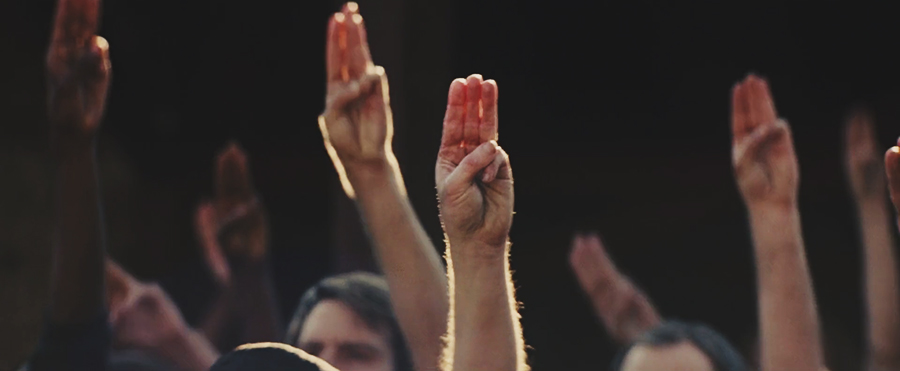
Guest Post: What The Hunger Games Means to Me
“Katniss inspired me, Peeta was a bit too relatable at times, Gale seemed like one of my old friends while I saw myself in him at the same time. I also fell in love with the political side of it all; the parallels between these books and our actual state of the world was undeniable.”
A guest post by Travis the Grimm about his experiences with the series and the fandom, and how The Hunger Games positively affected his life.
Day Six
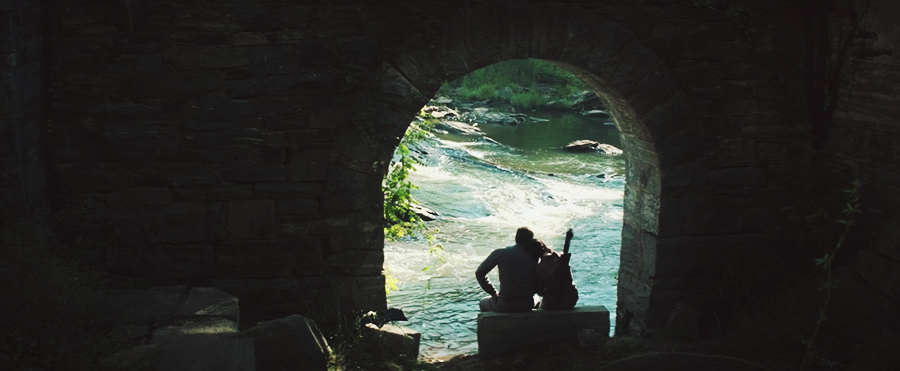
“In her mind, kindness is a luxury, and giving it can risk her own well-being. It makes sense, then, that she would subconsciously value it in others, even if their actions and words are misguided.”
Exploring Katniss’ relationships with those she cares about and what her physical interactions with them mean. Also looks at the differences between the films and the novels in their representation of found family, as well as Effie Trinket.
Day Seven
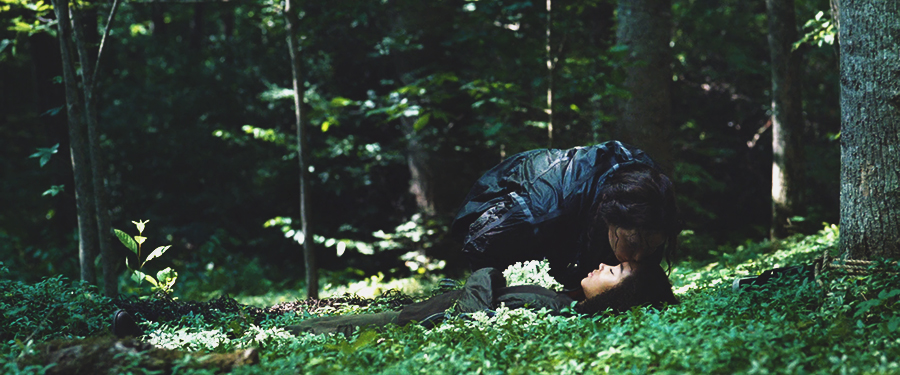
“Even in this meadow, years after the war has ended and she and Peeta have begun to find a sense of calm, she has not lost her voice. Her power, as it was as the figurehead of the rebellion, is in shaping the narrative of Panem.”
In which I offer my own interpretation of the series’ epilogue, and why I believe Katniss finding the meadow she sings of is hopeful not just for Katniss, but also for those of us who have lived through trauma.
Day Eight

Guest Post: The Girl on Fire – an UNsobering Denouement
“The sweetness of spiced dark rum, livened with Benedictine and creme de cacao, is cut by the flaming arrow of tabasco, and mirrored in a black and gold sugar rim.”
A drink by Alex that, like Katniss, can be set aflame to cause a stir. Good for drinking away The Hunger Games feelings.